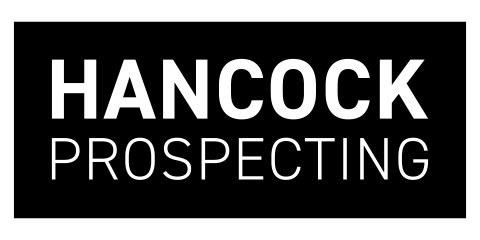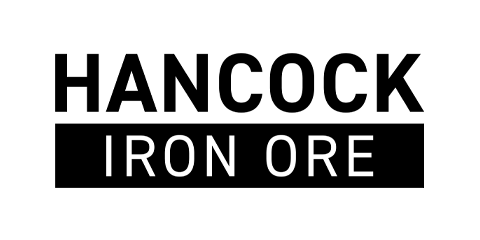01 . 02 . 2026
UK the tip of the iceberg of global net-zero revolt
Net-zero revolt has begun: We need to pivot from making energy more expensive to innovation that will make green energy cheaper
31 . 01 . 2026
Australia’s solar panel waste is mounting. Will the government’s recycling scheme solve it?
Australia is on the brink of a great solar panel age-out.
31 . 01 . 2026
Diesel rebate debate set to intensify in 2026, ag sector warned
THE diesel fuel rebate is emerging as a growing pressure point for the agricultural sector in 2026 following renewed public scrutiny of the scheme last year.
30 . 01 . 2026
Campaign to scrap fuel tax credit an attack on regional Australia and jobs
MEDIA RELEASE
30 . 01 . 2026
‘Dud project’: How Andrew Forrest’s green dreams cost taxpayers $80m
Billionaire Andrew Forrest’s flagship green hydrogen factory cost Australian taxpayers $80 million while his company spruiked its “successes” to foreign investors, only to abandon the project months later.
29 . 01 . 2026
Taxpayers at risk in green dream
The renewable energy transition is facing increasing costs and development headwinds at a time when special-purpose funding from government is only starting to gather a head of steam.
27 . 01 . 2026
Fears Victorian consumers will pay for gas imports under ‘last resort’ plan
Gas producers in Victoria say the government should act to streamline gas project approvals before considering plans for underwriting LNG import terminals.
27 . 01 . 2026
Expert Danny Price warns of ‘catastrophic’ national grid failure after SA price surge
Australia’s electricity system faces inevitable “significant outages” during multi-city heatwaves as renewables fail to meet demand, warns key energy policy architect.
27 . 01 . 2026
The City comes together to celebrate Australia Day
Australia Day celebrations lit up the skies above Swan River, with more than 150,000 revellers across the City enjoying a spectacular fireworks and drone display as part of Hancock Prospecting Australia Day.
Hancock Energy is a Hancock Prospecting company.



